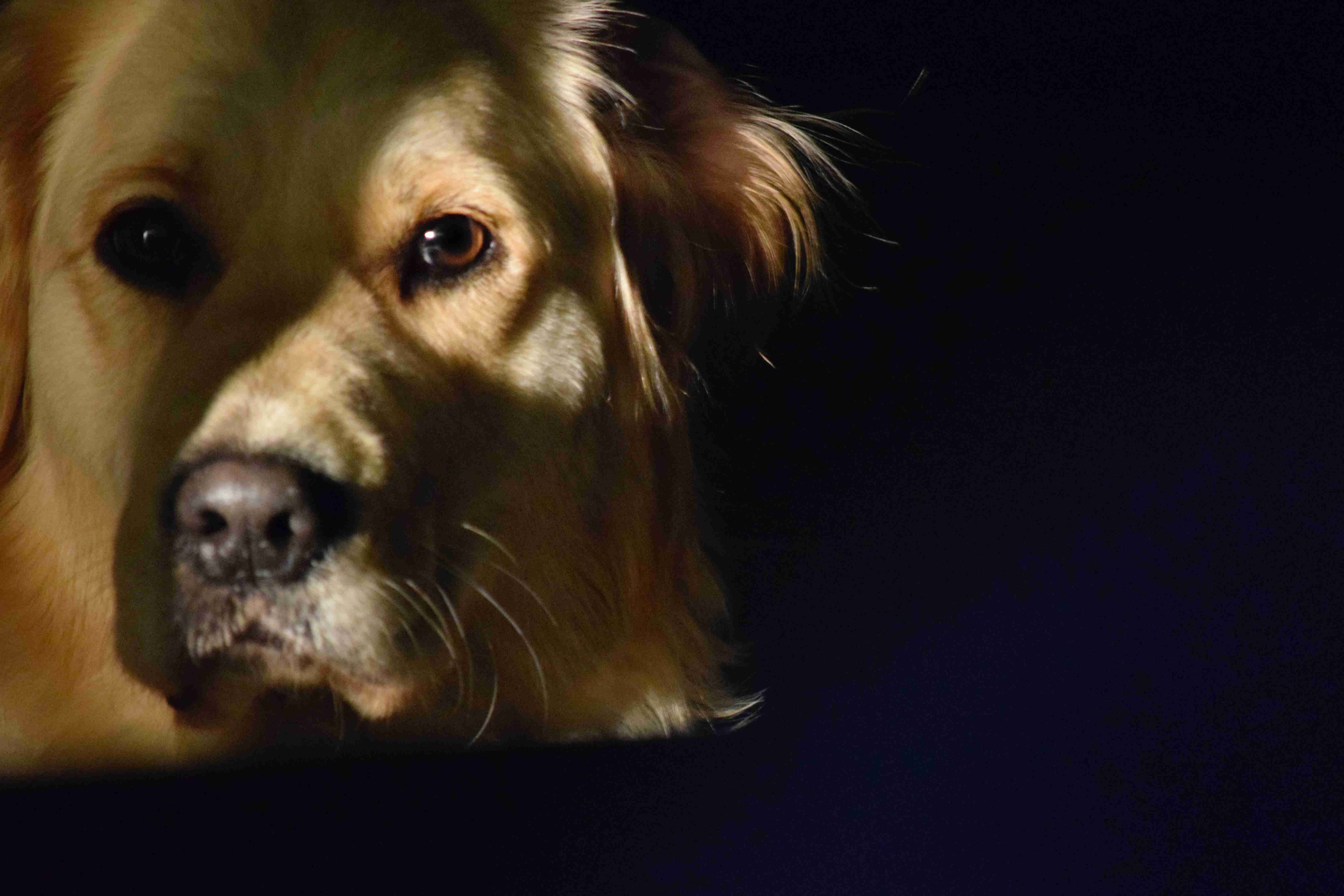For pet owners, leaving their furry friend alone at home can be a challenge. However, for Border Collie owners, it can be even more difficult due to their tendency to develop separation anxiety. This condition can cause your dog to become distressed, destructive, or even aggressive when left alone. As a responsible pet owner, it is crucial to help your Border Collie overcome separation anxiety to ensure their well-being and your peace of mind. In this blog post, we will explore five effective ways to help your Border Collie overcome separation anxiety and become a more confident and well-adjusted pet.
Border Collies are one of the most intelligent and loyal dog breeds, but they are also prone to separation anxiety. Separation anxiety is a common problem among dogs, but it can be particularly challenging for Border Collies due to their high energy levels and strong bond with their owners. If left untreated, separation anxiety can lead to destructive behavior, excessive barking, and even self-harm. Fortunately, there are several effective ways to help your Border Collie overcome separation anxiety. In this blog post, we will discuss five proven strategies that can help ease your dog’s anxiety and make separation less stressful for both you and your furry friend.
1. Gradual Desensitization:
Gradual desensitization is a process of slowly getting your dog used to being alone. It involves gradually increasing the time your dog spends alone in a safe and comfortable environment. Start by leaving your dog alone for a few minutes and gradually increase the time over several days. You can also simulate your departure routine by putting on your shoes, grabbing your keys, and walking out the door. However, don’t make a big fuss when you leave or return, as it can increase your dog’s anxiety. By gradually increasing the time your dog spends alone, you can help them develop confidence and reduce their fear of being alone.
2. Provide Plenty of Exercise and Mental Stimulation:
Border Collies are high-energy dogs that require plenty of exercise and mental stimulation to stay happy and healthy. A lack of exercise and mental stimulation can contribute to separation anxiety. Before leaving your dog alone, make sure they have had plenty of exercise and mental stimulation. Take your dog for a long walk, play fetch, or engage in other activities that burn off energy. You can also provide your dog with puzzle toys, treat dispensers, and other interactive toys that keep their mind engaged and prevent boredom.
3. Create a Safe and Comfortable Environment:
.jpg)
Creating a safe and comfortable environment is essential for dogs with separation anxiety. Make sure your dog has a comfortable bed, plenty of water, and access to toys. You can also use a crate or a playpen to create a safe space for your dog when you’re not around. However, don’t use the crate as a punishment or leave your dog in it for extended periods. Use positive reinforcement to encourage your dog to use the crate or playpen willingly.
4. Use Calming Aids:
There are several calming aids that can help reduce your dog’s anxiety. These include pheromone sprays, anxiety vests, and calming supplements. Pheromone sprays contain synthetic versions of the hormones that mother dogs produce to calm their puppies. Anxiety vests provide gentle pressure that can help reduce your dog’s anxiety. Calming supplements contain natural ingredients that promote relaxation and reduce anxiety. Before using any calming aids, consult with your vet to ensure they are safe and effective for your dog.
5. Seek Professional Help:
If your dog’s separation anxiety is severe, you may need to seek professional help. A certified dog trainer or a veterinary behaviorist can help you develop a personalized plan to address your dog’s anxiety. They can also teach you techniques to help your dog cope with separation and reduce their anxiety. In severe cases, medication may be necessary to help your dog manage their anxiety.
Separation anxiety can be a challenging problem for Border Collie owners, but with patience and persistence, it can be overcome. Gradual desensitization, providing plenty of exercise and mental stimulation, creating a safe and comfortable environment, using calming aids, and seeking professional help are all effective strategies for helping your Border Collie overcome separation anxiety. By following these tips, you can help your furry friend feel more confident and comfortable when you’re not around, and you can enjoy a stress-free separation.
Separation anxiety can be a challenging issue for both dogs and their owners, but with patience, consistency, and the right training techniques, it is possible to overcome it. Remember, each Border collie is unique and may require different strategies to help them cope with being alone. So, don’t be discouraged if the first approach doesn’t work for your furry friend. Keep trying and be open to adapting your training methods until you find what works best for your Border collie. By implementing the tips shared in this post, you can help your pup feel more comfortable and confident when you’re not around. With time and effort, you can teach your Border collie to deal with separation anxiety and enjoy a happy, stress-free life.


.jpg)
%20-%20Copy.jpg)
.jpg)
.jpg)
%20-%20Copy.jpg)
.jpg)
